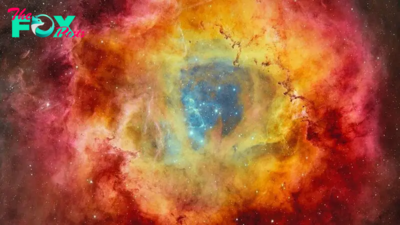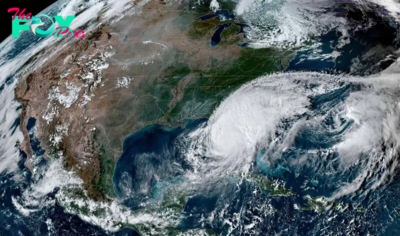Science
Scientists confirm that most of the universe is 'darkness and nothing more'
NASA's New Horizons spacecraft has made the most precise and direct measurements of the total amount of light produced by our universe.
The question of just how dark the universe is has vexed astronomers for decades, because from our stretch of the solar system, scattered sunlight and interplanetary dust and ice interfere with the measurement of the ambient light produced by the cosmos' hundreds of billions of galaxies.
Now, more than 18 years after its launch and nine years after mapping the surface of Pluto, the New Horizons spacecraft has produced an answer. Drifting more than 5.4 billion miles (8.8 billion kilometers) from Earth in the cold, dark space of the outer solar system, the spacecraft measured the universe's light. The researchers published their findings Wednesday (Aug. 28) in the The Astrophysical Journal.
The background of visible light added up over the universe's lifespan (called the cosmic optical background or COB) is important to astronomers because it helps them to match the light coming from stars and the exteriors of black holes with that predicted by theory.
Related: Supercharged 'cocoon of energy' may power the brightest supernovas in the universe
If these two figures line up, then our current picture of the universe is mostly correct; but if they misalign, it could mean that there's more going on in the universe than we presently know. Yet accurately measuring the COB from Earth, or even the inner solar system, is extremely difficult.
"People have tried over and over to measure it directly, but in our part of the solar system, there's just too much sunlight and reflected interplanetary dust that scatters the light around into a hazy fog that obscures the faint light from the distant universe," co-author Tod Lauer, a New Horizons co-investigator and an astronomer at the National Science Foundation NOIRLab in Tucson, Arizona, said in the statement. "All attempts to measure the strength of the COB from the inner solar system suffer from large uncertainties."
-

 Science2d ago
Science2d agoInside Capitol Hill’s Latest UFO Hearings
-
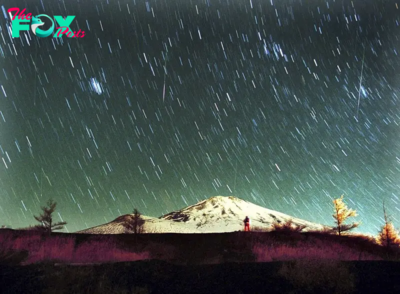
 Science2d ago
Science2d agoYou Won’t Want to Miss the Leonid Meteor Shower. Here’s How and When You Can See It
-
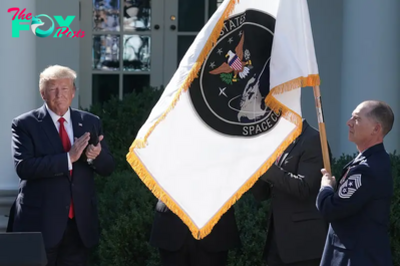
 Science2d ago
Science2d agoHere’s What Trump’s Win Means for NASA
-

 Science6d ago
Science6d agoWhy Risky Wildfire Zones Have Been Increasing Around the World
-

 Science6d ago
Science6d agoIt’s Time to Redefine What a Megafire Is in the Climate Change Era
-

 Science1w ago
Science1w ago4 Astronauts Return to Earth After Being Delayed by Boeing’s Capsule Trouble and Hurricane Milton
-
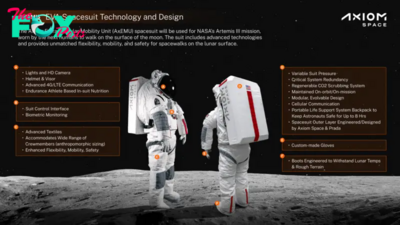
 Science1w ago
Science1w agoThe Elegance and Awkwardness of NASA’s New Moon Suit, Designed by Axiom and Prada
-
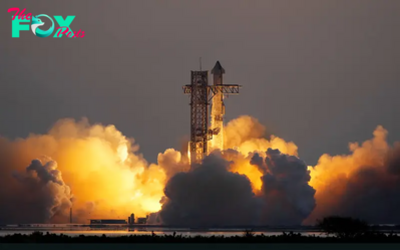
 Science1w ago
Science1w agoSpaceX Launches Its Mega Starship Rocket. This Time, Mechanical Arms Catch It at Landing
